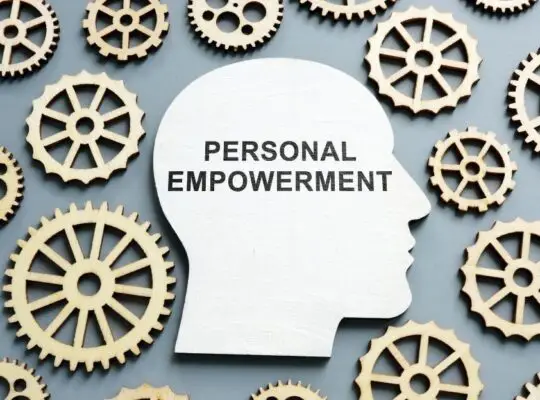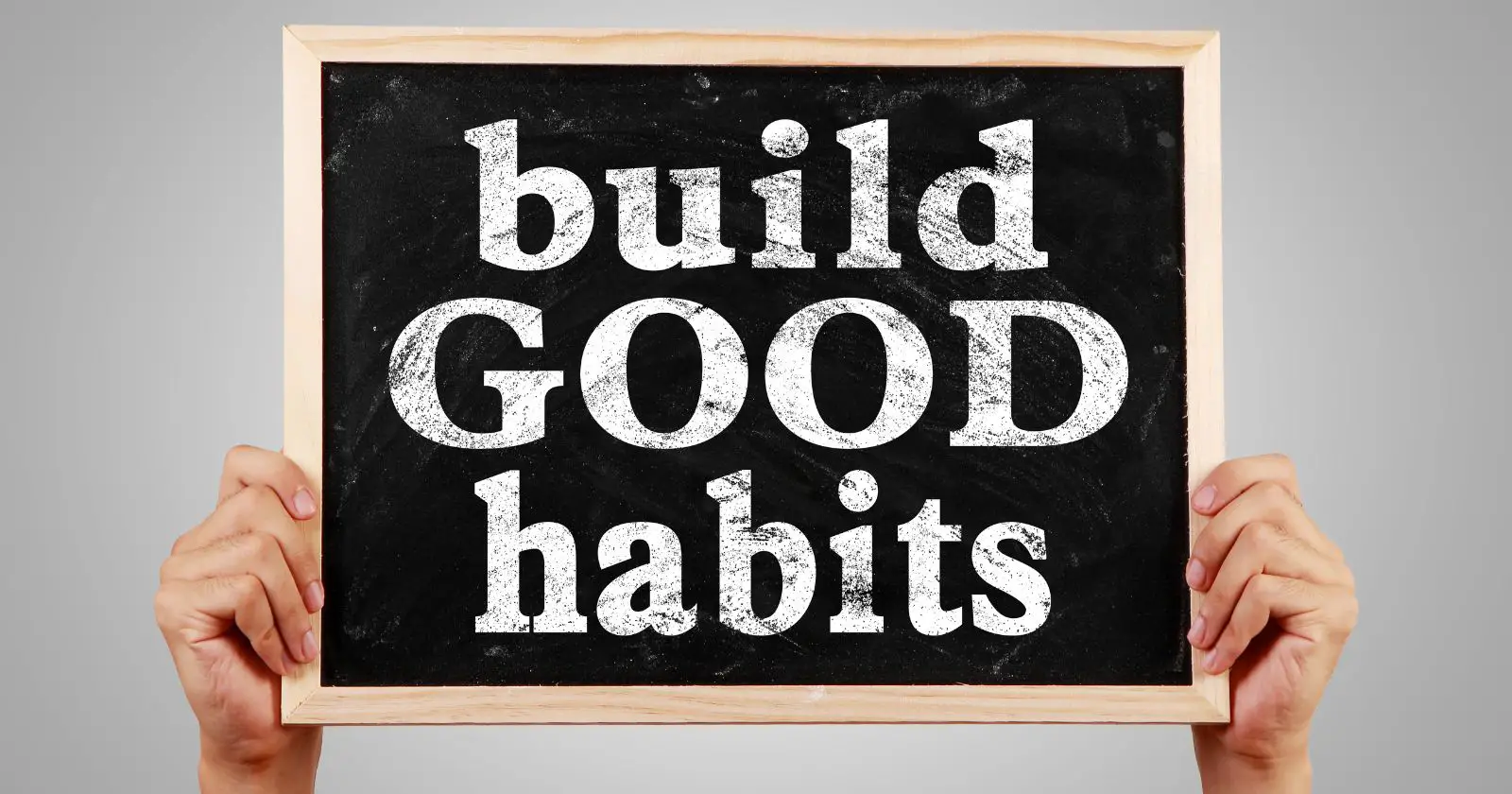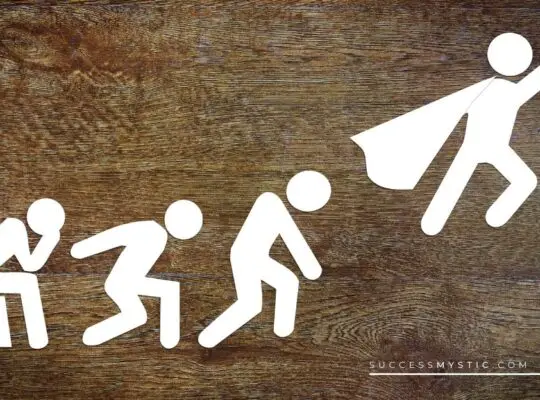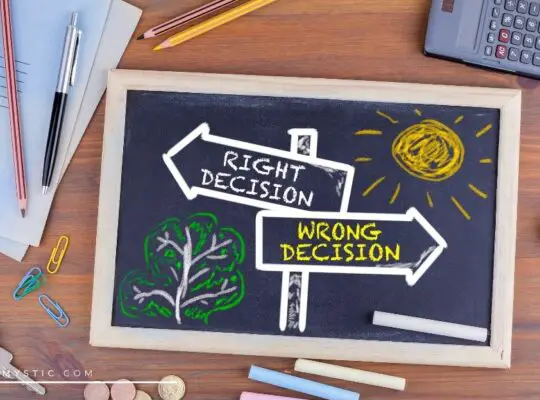“With great risk comes great reward.” – Thomas Jefferson
What does this quote by Thomas Jefferson mean? Is life all about taking risks? What good is taking risks if you can also lose? How do you know which risks taking?
The answer to these questions is different for each person. But there are universal truths of taking risks. Your level of fierceness and how willing you are to take risks will determine if you receive the best rewards in your life.
Benefits of Taking Risks
Life is full of choices. Some choices don’t involve taking risks, like deciding whether to have soup or salad for lunch. Like going to school, where you work, and who you marry, other decisions do carry some risk. And some choices, like deciding to present your idea to your boss, writing a book, or running for political or organizational office, require even more risk.
It might seem like people take risks to get ahead in life. But there are greater rewards for risk-taking other than succeeding.
CEOs and Life Coaches, who understand the rewards of taking risks, point out that risk-taking offers these benefits to improve yourself:
- Expand Boundaries
- Be Creative
- Define Desires
- Seek New Opportunities
A popular horror movie asked the question “Would you Rather?” depicting two difficult choices to each character. While risk-taking in life isn’t usually that extreme, everyone has boundaries of what they think they can do.
They may also have limits related to what they think they can afford to lose. By starting with small, calculated risks, you can expand your boundaries and show yourself that you are more capable than you thought. You will learn how to take bigger risks for better rewards.
Reaching a risky goal requires creativity. If you could receive the reward without finding a new way to achieve it, you would already have the reward. Taking risks forces you to think outside the box and find creative ways to reach your goal. The greater the risk, the more creative you will become.
“I want,” “I need,” and “I desire” are not always the same thing. Before you are fierce enough to take a great risk, you need to know your true desires. You won’t be willing to fully embrace the risk if you don’t get a reward that you don’t actually want.
Opportunities for the best rewards can pass you by if you’re not ready to accept them. Fierceness comes from practicing risk-taking and learning how to manage risk. It also comes from understanding that not getting the reward isn’t a failure.
During the CEO Genome Project, a 10-year study of high-performing CEOs, researchers found that CEOs who perceived setbacks as failures had a 50% less chance of thriving and reaching their goals. Taking risks sometimes results in making mistakes. The best rewards come to those who are fierce enough to keep trying.
Risk Decisions
How can you decide if a risk is worth the reward? While you can’t see the future, you can lower the risk of your choices by understanding some basic rules of risk-taking.
1| Take Risks Despite Uncertainties
You will not be able to forecast exactly what will happen when you take a risk. There are always unforeseen circumstances that that change the outcome into something you don’t want. But you can prepare, plan, and make the most informed decision possible.
2| Humans Dismiss Risk
Most people assume bad things will never happen to them, and they won’t suffer consequences for the risks they take. Everyone wants to believe, “That will never happen to me.” To get the best rewards, you need to judge and manage the risks you take, not ignore the potential consequences.
3| Taking Risks Affects Others
Whether you’re responsible for your employees or taking personal risks in life that will affect your family, risks are not only about you. Planning, getting support from others, and working together with the people in your life can bring the best rewards for everyone.
Great risk is how people receive the best rewards. You need to be fierce and prepared to make great risks work for you.







